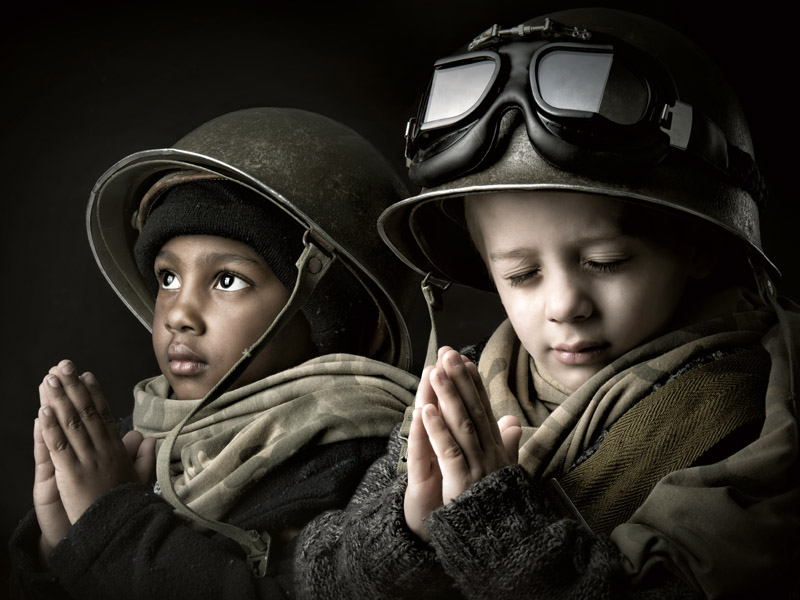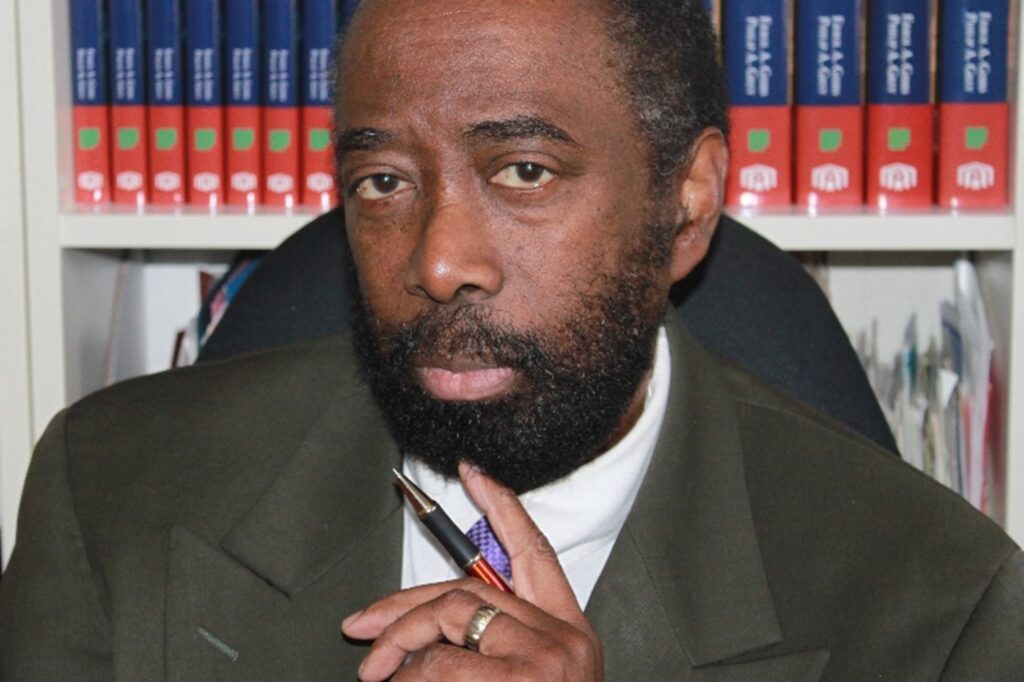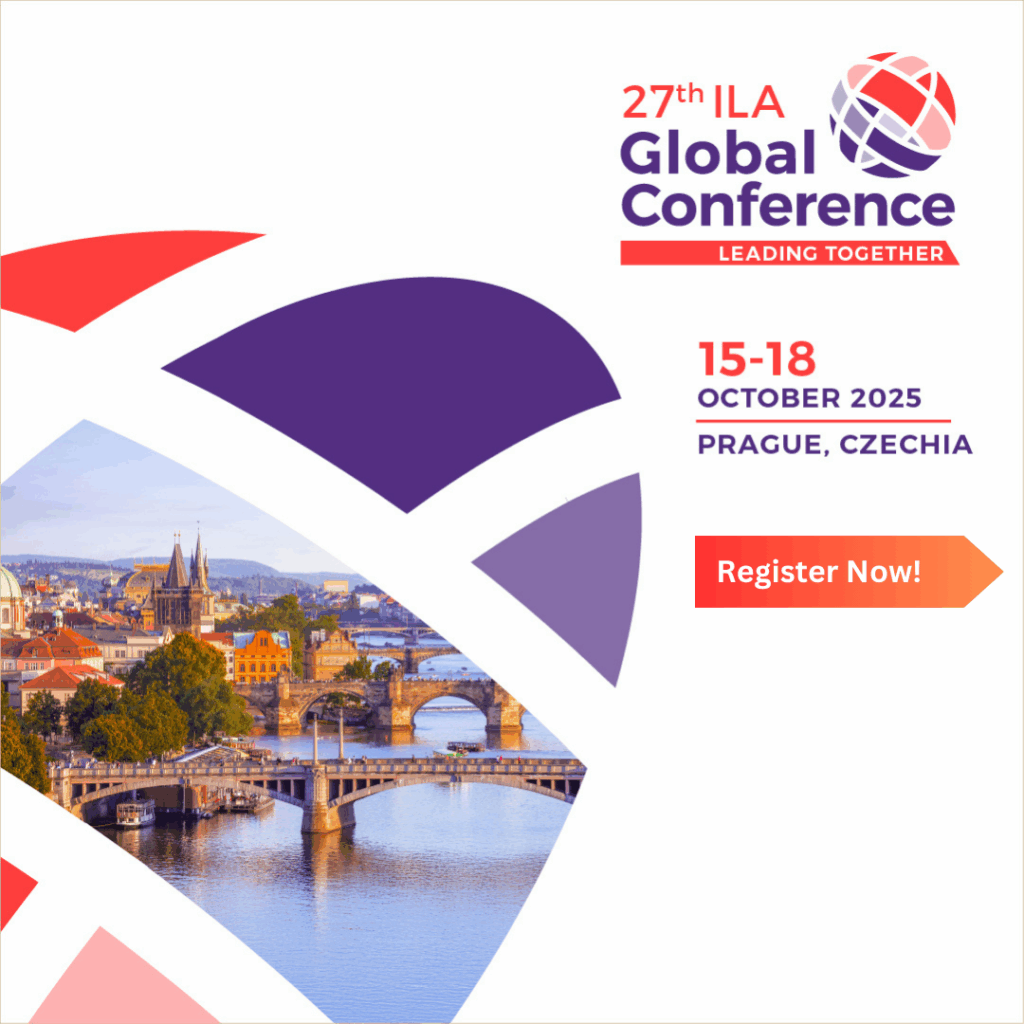
by Errol A. Gibbs
- 16 June 2022
Share:
Today, the world is at an inflection point. Historians, academics, scholars, war correspondents, journalists, bloggers, and individuals with a cellphone and access to social media inform and enlighten our understanding of the origins of disagreements between and among nations. Moreover, they allude to some of the underlying, deeply rooted causes and consequences and how each era’s social and cultural evolution often seems to culminate in armed conflict.
In 1945, after the conclusion of World War II, arguably the apex of human conflict, 51 countries came together to found the United Nations (UN). They wanted to maintain international peace and security; develop friendly relations among nations, promote social progress, better living standards, and human rights (https://www.un.org/un70/en/content/history/index.html). War is often seen as a turning point for humanity, and striving to end conflict and search for peace can become an overarching global imperative. Since then, however, we’ve sadly failed in our efforts. Wars continue to scar the human landscape, manifestations of the broken trust between leaders of nations, retaliation, ideology, pride, power, politics, religion, race, culture, hatred, economics, nationalism, encroachment, territorial reclamation, and fears over national insecurity.
The day after the end of the Russian-Ukraine war, what new insights will global leaders seek about its causes and consequences? Will the lessons learned be the catalyst to strengthen international peace initiatives or amplify the world’s preparedness for subsequent armed conflict? Should another organization be founded, perhaps the United Nations (UN) 2.0, as some have suggested, but with a stealth focus on avoiding, eliminating, or mitigating the familiar causes of war? The day after the war concludes, will we finally recognize the need for a global shift from a cultural, national, and sectarian mindset to a planetary mindset? Will this be the new frontier of political leadership imperatives? These are the big questions that world leaders should contemplate with clear eyes if we are ever to veer humankind off the path of war and onto the international highway of peace.
We have divided humanity by “race,” religion, “color,” culture, caste, class, rich and poor, and “superior” and “inferior” beings, and we view those on the wrong side of the divide as undeserving of equal opportunities to fulfill their purpose on Earth. As a result, humankind is on the path to a stark future underpinned by immense challenges. These include climate change and the issues it will accelerate, such as mass population displacement, food shortages, food insecurity, and supply chain disruptions as nations adopt protectionism policies ─ not to mention the increased possibility of lethal, highly technological warfare.
Leaders must view these challenges not just through cultural, political, and economic prisms but also through the lens of sovereign human beings. We often forget that we are, first, members of the human family with a common heritage.
Nations too often create alliances to secure the survival of only some selected countries and not the totality of humanity. In doing so, they sabotage the security that they seek for themselves and others, creating greater global insecurity.
While cultivating a planetary mindset, peace might lie, ironically, in the survival of humankind as cohesive and self-governing nations. Similar to the North Atlantic Treaty Organization’s (NATO) Article 5, an armed attack against one nation must be considered an attack against all nations. Every other country must stand against acts of war and aggression; nothing less will be sufficient to preserve international peace and security. A nation cannot be allowed to secure its peace or its national interest apart from the mutual interests of the community of nations. Today, world leaders echo familiar sentiments that humankind is at a critical world-transforming juncture and rally us to action in a generational struggle to defend and preserve Western democracy. The day after the end of the Russian-Ukraine war will provide the UN, NATO, and other prominent global peace organizations a vital opportunity to pivot to a “New World Order” predicated on the sovereignty and security of all peoples and nations.
This will require global leaders to begin new dialogues with new definitions. For instance, the words peace and peaceful coexistence resonate in the halls of power, but what is peace? Is peace a spiritual, moral, or social imperative? Is it a purely human pursuit within the context of political and military experts and statesmen? I believe that at the apex of global narratives, the noblest human pursuit of peace must reside in the word love. There cannot be peace without the obligation of love for each other and all of humanity. Without such a perspective, the success of all other peace initiatives becomes debatable.
Whether we live in the Global West or Global East, the Global South or Global North, the vital role of peace must first reside in the hearts and minds of every human being ─ paramount in the minds of the leaders of nations. We often forget that we are the world composite of all human needs, thoughts, feelings, hopes, dreams, and aspirations. Hence peace must, of necessity, extend throughout every human institution, including NGOs, educational, and religious institutions. We must not accept the barbarity of war as a way of life seen as somehow integral to the growth of the industrial economies of the powerful nations on Earth.
What path shall leaders take the day after the end of the Russian-Ukraine war? The answer to that question will inform the future of our planet. World leaders could begin by prohibiting the powerful militarized nations from violating the sovereignty of weaker nations ─TIME FOR LEADERSHIP.
Note: This blog was edited in December 2024 to change the term “Russian War in Ukraine” used for the title and throughout the piece to “Russian-Ukraine war.”

Errol A. Gibbs is a former Project Management and Business Process Re-Engineering Analyst, Certified (Scientific) Engineering Technologist, Planning and Scheduling Engineer Officer. Errol is a self-inspired researcher, writer, speaker, philosopher, mentor, and moderator. He is a former writer for the Toronto Caribbean (TC) Newspaper article: “Philosophically Speaking.” His books include Five Foundations of Human Development (FFHD) (2011) and Discovering Your Optimum Happiness Index (OHI) (2016). A sample of his position papers includes A Canadian Black Empowerment Manifesto (CBEM) (Version 2.0. Volume 001. Revision 003. June 2022) and a Manufacturing Engineering Project Office (MEPO): A Critical Link to Supply Chain Integration (2000).


